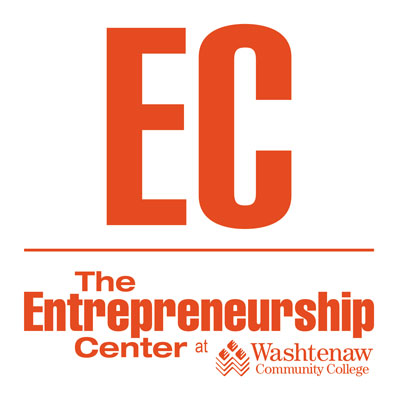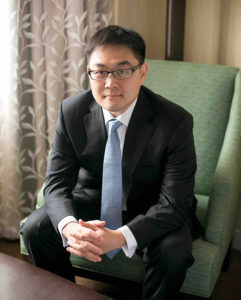We automate the generation of legal documents as well as related workflows, such as tracking the status of a project, assigning responsible person based on the status, sending out automated emails or reminder texts to customers, etc. We’ve been in business since 2015 and after years of hard work and negative cashflow, we started to generate revenue in 2018 and became profitable in 2019. Our typical customers are companies and law firms that deal with a large number of contracts and are concentrated in what-we-call the three “L” verticals: leasing, lending and legal.
What drives you to be a business owner?
I love the fact that I can create and shape an environment designed to make me most productive. If you are into psychology, I’m an INTJ in MBTI, so I prefer to work in small groups of highly skilled and technical people and leave no room for politics, and need to have time and space to think things through and run experiments. I was an attorney for 8 years, and it is very “left brain” centric, with lots of analysis, critical thinking and judgment. Now that I’m in entrepreneurship, I feel as though I can do more of what I am best at, which is to strategize, make connections between distant fields of study, drawing what the solution might look like, etc. As a result, I’m happier and believe I am making a bigger impact to society by creating solutions that did not previously exist.
How has the Entrepreneurship Center at WCC helped with your business goals?
Pitch@WCC and the related workshops helped me get exposure to pitching and summarizing our value proposition succinctly. Getting your pitch right is important because you will tell that story a million times over, and your story is what people remember. Even though we did not win any awards at WCC’s Pitch, the skills we honed in connection to the preparation helped us win an investment in another competition, so we are grateful to have been part of Pitch@WCC. The Entrepreneurship Center also connected us with a mentor, who has helped us make several important decisions with his experience and wisdom throughout our journey.
If you could offer one piece of advice for fellow entrepreneurs or prospective entrepreneurs, what would it be?
I thought long and hard about the main difference between working at a large law firm vs. starting your own business, and I believe the defining difference is the level of entropy (or roughly speaking, the level of chaos) in a given environment. Entrepreneurship is chaotic and is like surviving in the wild: you need to get water, food, start a fire, build a shelter, etc. And if you fail at any, then you die. The same way, in a startup you need a good product, team, marketing, sales, customer service – and if you fail at any, you’re doomed. In essence, you will go as far as your weakest link and you need to do it with very limited resources. In a more orderly environment though, there is less survival pressure so the optimum strategy perhaps is to focus on few things that you are good at, be a standout among many to be useful to the society, and rely on others to fill the gaps. So maybe we can say: In order, specialize; in chaos, generalize. But the ultimate point of entrepreneurship is to bring order to chaos, like turning wilderness into farms, so as you survive (i.e. spending resources wisely on your critical weaknesses) and then thrive (finding a niche where your company excels), think about what you need to do and who you need to be as your company evolves and more order is injected through the actions of yourself and others.


 https://www.celant.com/
https://www.celant.com/